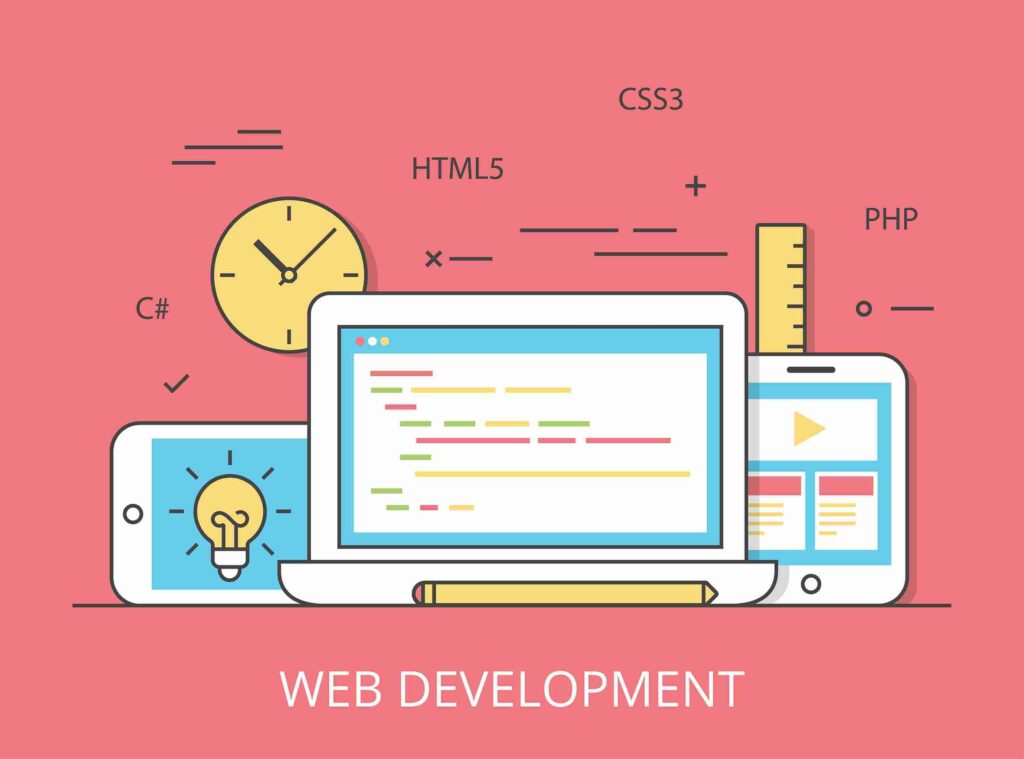HTML5 Development
IT Chimes has built a reputation of delivering exceptional HTML5 development services to their clients. We strive towards serving our customers in a better way by developing application that are tailor made to their requirements and increase efficiency through different internal processes. Our certified developers are expert in using tools like JavaScript, XML and many others platforms to create reliable, friendly and cost effective websites.
Our Services
Custom HTML5 Application
IT Chimes offer high end HTML5 application that have uniform interface and functionality.
HTML5 Games Development
We deliver you with the best game apps that are developed by our skilled developers who excel in many web technologies and HTML5.

Html Web App Development
IT Chimes possess dedicated team of HTML5 web development who develop web based websites and app with their ingenuity and creativity. We offer you with HTML5 enterprise application, Custom HTML5 web application, HTML browser Games development and etc.
Html Apps Portability/ Testing
IT Chimes HTML5 CSS designers and developers are well versed in their work. Our HTML apps have to pass the testing and portability test across different platforms to deliver our client the satisfactory results.
Why Us
Topnotch Quality
Our team of experts ensure robust HTML5 solutions with top notch quality designed to meet your business requirements.
User Friendly
We believe in redefining the term user friendly as we offer interactive features without external plugins.
Specialised Skills
IT Chimes posses developers that are well versed with WebGL, HTML5, AJAX and many other platforms.
Cost Effective
We offer the best quality solutions within affordable price to meet our clients requirements.
Frequently Asked Questions
HTML5 introduced several new features, including:
- New semantic elements like <header>, <footer>, <article>, and <section>.
- New form controls such as <datalist>, <output>, and attributes like placeholder, required, and pattern.
- Multimedia elements like <audio> and <video> for embedding media without third-party plugins.
- Graphics elements like <canvas> and support for SVG (Scalable Vector Graphics).
- Enhanced support for offline storage with Web Storage APIs like localStorage and sessionStorage.
- Improved error handling and scripting with new JavaScript APIs.
HTML5 offers several benefits, including:
- Better multimedia integration with native support for audio and video.
- Enhanced user experience with improved form handling and new elements.
- Mobile-friendly features like responsive design support and optimized for touch interfaces.
- Improved performance through faster page load times and reduced reliance on external plugins.
- Cross-platform compatibility, making it easier to develop applications that work on various devices and browsers.
HTML5 is an updated version of HTML, introducing new elements, attributes, and APIs to enhance the web development experience. Key differences include:
- HTML5 includes new semantic elements (e.g., <article>, <nav>) that provide more meaningful content structure.
- HTML5 supports native multimedia (e.g., <audio>, <video>) without needing external plugins.
- HTML5 offers new form elements and attributes, making forms more interactive and easier to validate.
- HTML5 provides better support for web applications with offline capabilities and APIs.
HTML5 supports offline web applications through the use of technologies like AppCache (now deprecated) and Service Workers. These allow web pages and assets to be cached locally, enabling the application to run without an active internet connection. Additionally, the localStorage and sessionStorage APIs provide ways to store data locally on the user’s device.
Web Storage APIs in HTML5 include localStorage and sessionStorage, which provide a way to store data locally within the user’s browser. localStorage allows data to persist across sessions, while sessionStorage stores data only for the duration of the page session. These APIs offer a more secure and larger storage capacity compared to cookies.
Semantic elements in HTML5 (such as <header>, <footer>, <article>, and <section>) provide meaning to the web page’s content. They help search engines and other user devices to understand the structure and importance of different parts of a webpage, improving accessibility and SEO (Search Engine Optimization).
Yes, HTML5 is designed to be backward compatible with older versions of HTML. This means that most older HTML content will work correctly in HTML5, and browsers are designed to handle HTML5 code gracefully, even if they do not support all the new features.
